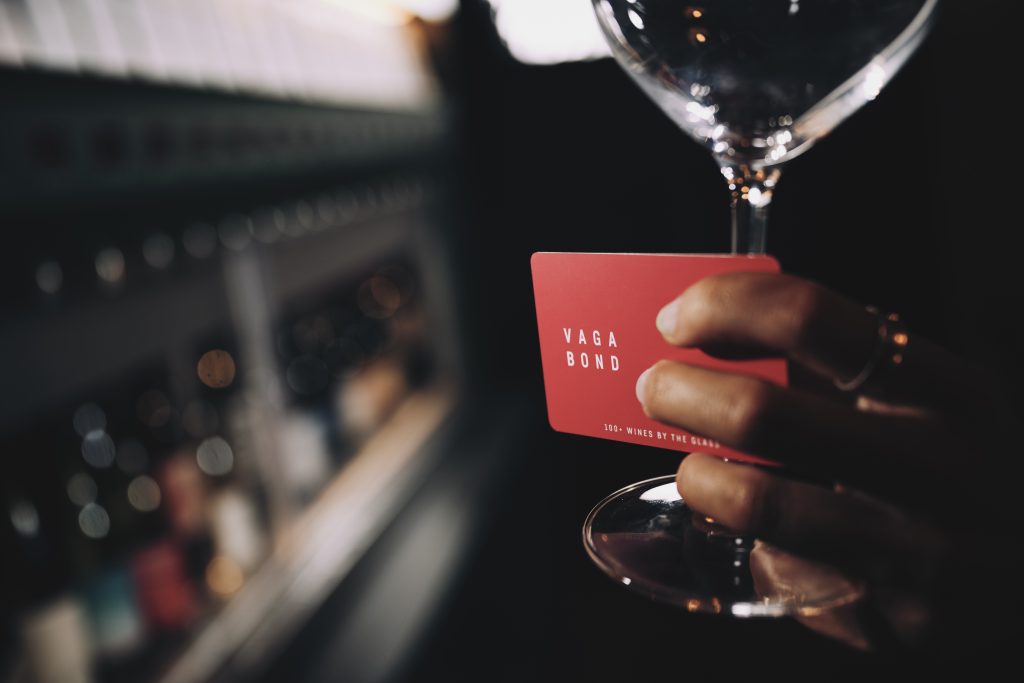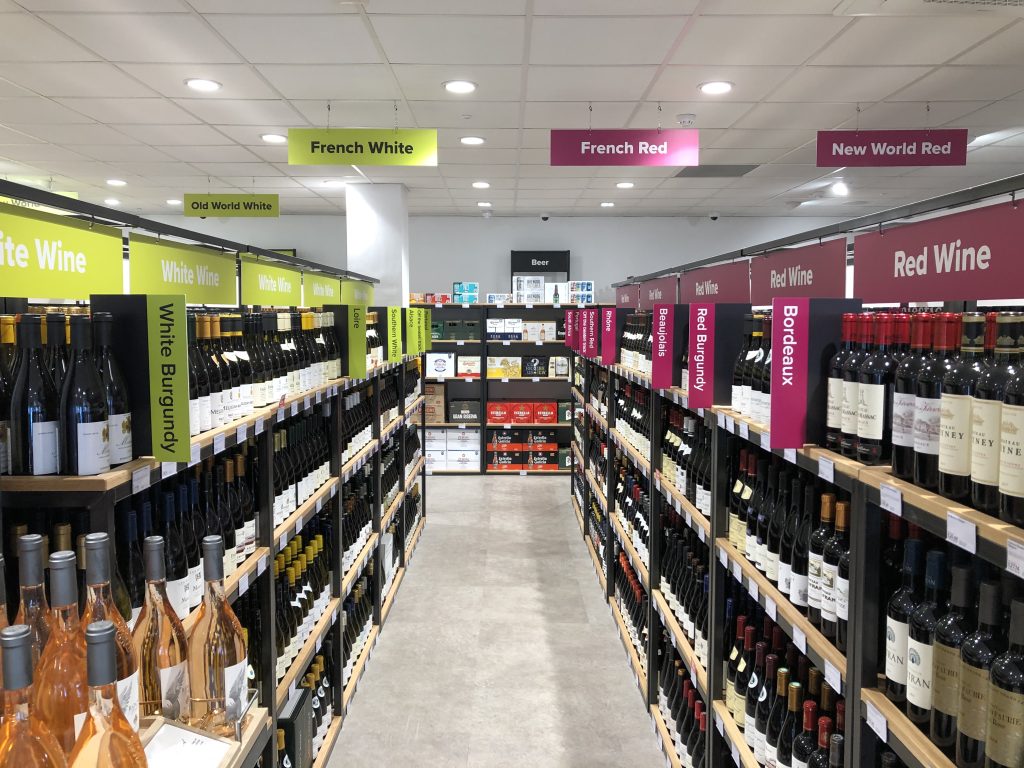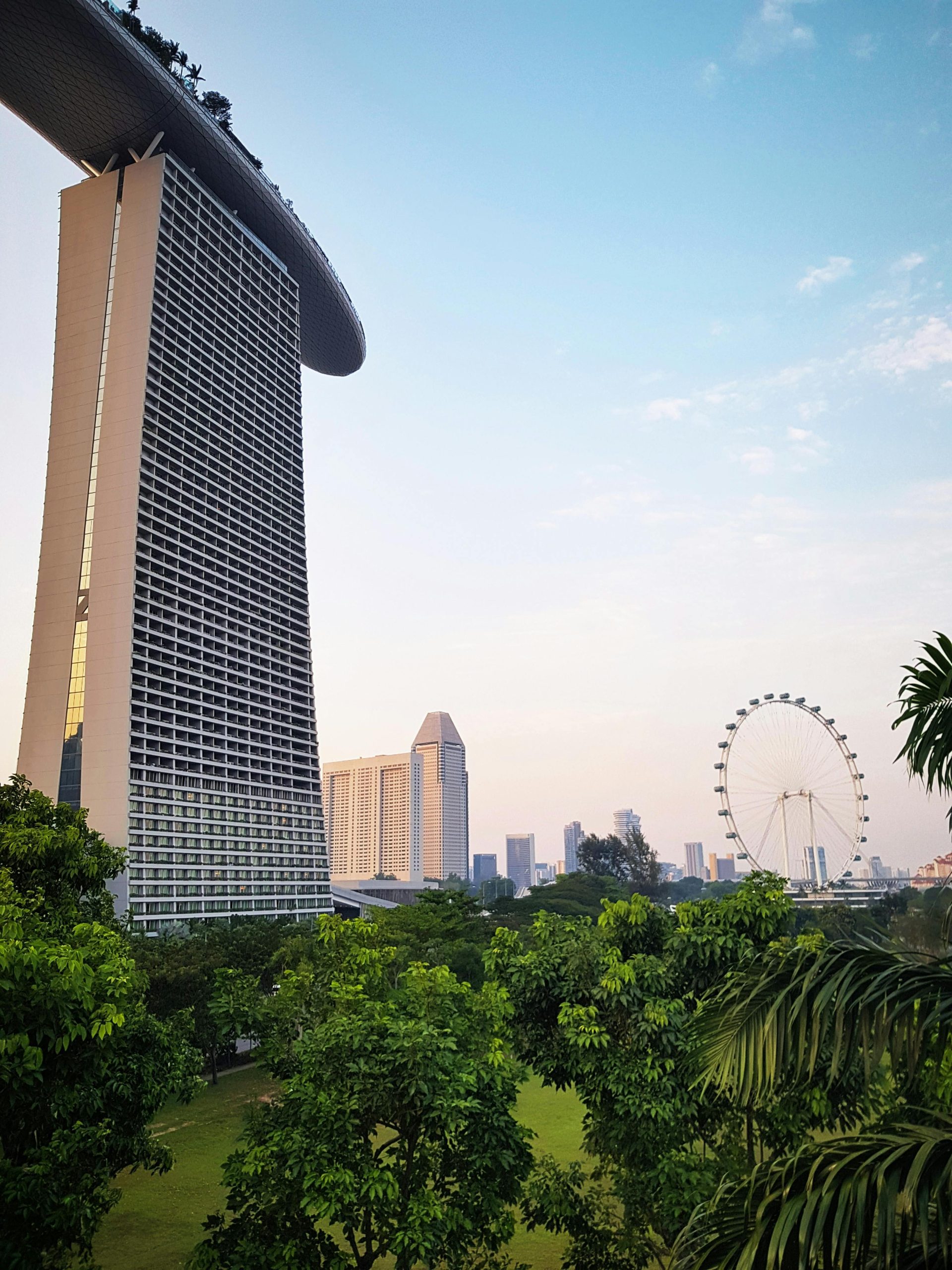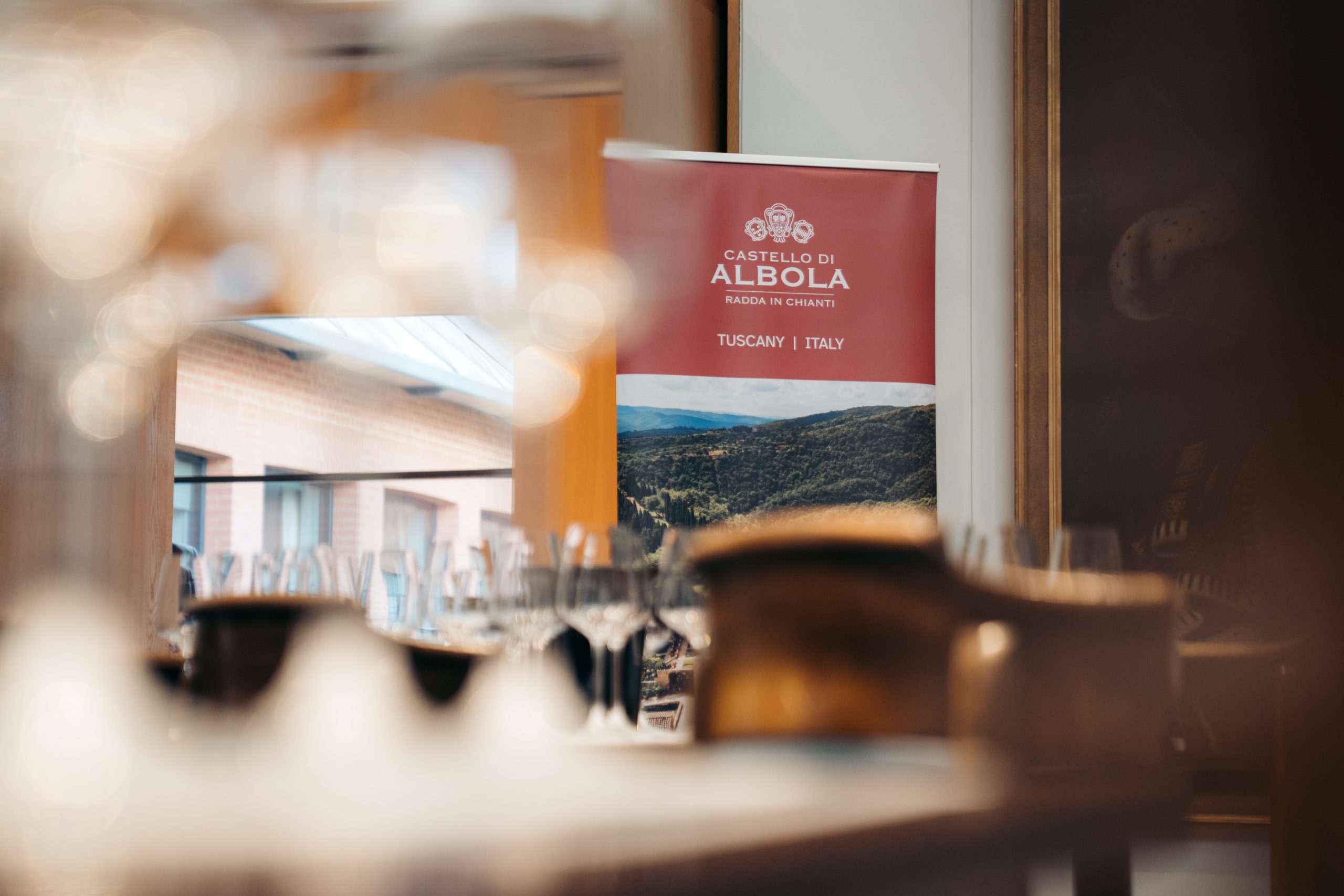Analysis: a closer look at Majestic’s acquisition of Vagabond Wine
Majestic’s acquisition of Vagabond Wines, which was confirmed last week, is an interesting expansion for the well-known specialist retailer, particularly given the growth of its B2B business in recent years. db looks at what the deal may mean.

As news go, this one was quite unexpected – firstly that Vagabond was in quite so much trouble, given the strong results it released back in January 2023, and secondly that it was snapped up by the UK’s largest specialist wine retailer.
Majestic has come out of a very turbulent decade, following first its acquisition by wine subscription service Naked Wines, followed by several dramatic changes in direction, before it was bought by Fortress Group, which was then part of Japanese Softbank. Since then, things have definitely settled and it has got back to a more even keel.
Why did Vagabond get into trouble?
Vagabond has always had a strong brand and punched above its weight, regularly winning awards (its buying team have been shortlisted in this year’s Buyers’ Award at the London Wine Fair). Founded in 2010 by American-born entrepreneur, Stephen Finch, its Fulham Broadway store pioneered a ‘new style of hybrid retailing’ that allowed consumers to sample wines using an Enomatic machine before buying – in effect a cross between a bar and a wine shop.
It soon expanded the concept, establishing nine shops over the next 14 year, the majority in London plus one in Birmingham, as well as outlets in Gatwick Airport and an apparently successful but ill-fated Heathrow store which opened in October 2022.
However, it should be noted that some of its bigger plans never came to fruition – such as its planned expansion into Europe with the roll out of hybrid bars in cities such as Berlin and Amsterdam by 2019. Co-founder and former director Stephen Finch told db back in 2017 that “we will start looking outside the UK in 2018 and open internationally probably in May 2018, or early 2019”.
In 2018, Vagabond received a £3.5million cap-ex injection from investment firm Imbiba Group.
Then of course, the pandemic hit, which forced bars and restaurants to close for months at a time, before additional requirements such as table service meant additional costs. Despite being insured with pandemic business interruption insurance indemnity up to £1.36m, Vagabond’s insurer denied all the claims, Finch told db at the time. The business was forced to pursue this unfair decision as part of class action case through the court.
Nearly a year later, a judgement from the UK Supreme Court instructed insurers to pay out on business interruption insurance to help cover losses caused by the pandemic.
Following the easing of restrictions – not to mention the resolution of the court case – the future of hybrid wine stores post-Covid seemed to be looking ‘healthy’.
Last January, Vagabond posted strong results for the financial year 2022, showing year-on-year revenues up 224% to £7.427m, up from £2.294m the previous year, while gross profit grew by 245% to £5.247m. This was in part due to the easing of pandemic restrictions, despite the stores trading under restrictions for 43% of the financial year, along with the opening of two new sites, in Shoreditch and in Birmingham, and the first proper year of trading for three others. It also noted “significant” capex being raised to support the opening of the Heathrow airport site, which was estimated to boost its total revenues by around 30%.

However, the long shadow cast over the hospitality business hasn’t been the only problem. Soaring energy costs subsequently threatened losses across the industry for both workers and suppliers, while pubs and brewers across Britain faced price hikes of 300% and more. Not to mention rising bills.
In January, Vagabond’s co-founder and former director Stephen Finch stepped down and left the company.
A statement from Vagabond in March cited “legacy Covid debts, and other well documented cost pressures”, plus the closure of the” highly successful Heathrow venue due to the reconfiguration of airport security” as the reason it was restructuring and appointing administrators.
Rumours soon surfaced of Majestic’s interest and were confirmed within weeks.
Partner Content
What’s in it for Majestic?
Vagabond’s setbacks proved to be a perfect storm. However, it remains a popular proposition and one can see why it was highly attraction to Majestic, not only for the increasing focus the specialist retailer has placed its on-trade arm, Majestic Commercial. This was founded as a special division of the business in 2010 to cater to corporate business, supplying the on-trade businesses with one-of-a-kind wine lists.
The management team took a strategic decision to target more prestigious on-trade accounts, undertaking a big review of its wine range, similar to that it had made across its off-trade division the previous year, which revamped around 65% of its product range.
Last September, Majestic’s chief operating offer Rob Cooke told db that the on-trade arm had been doing “phenomenally well”. He explained that despite the cost-of-living crisis, people weren’t necessarily cutting back when eating out, but were “making the most of that experience”, and although frequency might be down “a bit in the on-trade”, the average spend and quality of consumption had remained “very consistent”.
In January it reported a “surge” in B2B sales through Majestic Commercial over the Christmas trading period, and the division now accounts for 12% of revenue, up from around 10%, having grown its customer base of 3,000 pubs, bars, restaurants and other hospitality venues “pretty quickly” over the past two years.
The obvious synergy, of course, is for Vagabond to switch supply to Majestic’s on-trade arm Majestic Commercial – or at least a proportion of it and while it is still very early days, db’s sources say that this would be considered from a consumer perspective.
However, db understands that Majestic will retain the Vagabond name and brand, and the hybrid bar/retail business will continue to operate as it does now under the leadership of managing director Matt Fleming, who has been in the role since 2021.
It’s too early for the new owners to have determined targets on opening more stores, but sources note that there may be scope to open bars in other major cities if the right opportunities arise.
The hybrid model is certainly one that chimes with Majestic’s strengths of customer service and knowledge – it has already said that it will “further develop both companies’ offerings of Wine and Spirit Education Trust (WSET) qualifications for colleagues and customers”.
However – as Majestic points out, the acquisition also gives it the opportunity to grow its customer base. Sources note that Vagabond has more than 400,000 people on their database, which could help Majestic to engage with a younger demographic of wine consumers and enhance its proposition.
In some ways, ironically, the new acquisition chimes with a pronouncement from Rowan Gormley who told db in 2019 that the future of retail was increasingly about “an experience rather than flogging wine”. However, while Gormley clearly didn’t think this necessarily meant bricks-and-mortar store formats, the current Majestic team has very clearly marked this as the way forward.
Does this signal more consolidation to come?
Majestic has surprised people before – firstly when it bought online wine subscription business Naked Wines in 2015 for £70 million and appointed Rowan Gormley as its CEO, then its shock change of tack four years later in March 2019 when, having build up the business, the management under Gormley announced it was divesting some – if not all – of its UK retail business in order to fund Naked Wine’s online expansion. I suspect it would rather this incident remained forgotten.
The new Vagabond acquisition doesn’t look quite as counter-intuitive as the Naked one did. For starters, it is far more in keeping with the way the Majestic business has been developing – opening more stores, focusing on customer engagement and appealing to a wider demographic, while also boosting its commercial business by looking for more upmarket accounts in the on-trade.
It seem like a sensible fit and although many questions remain to be answered – not least the effect it will have on Vagabond’s suppliers – it will be interesting to see how it develops.
Related news
Ricky Gervais demands Barossa red on his tour rider




